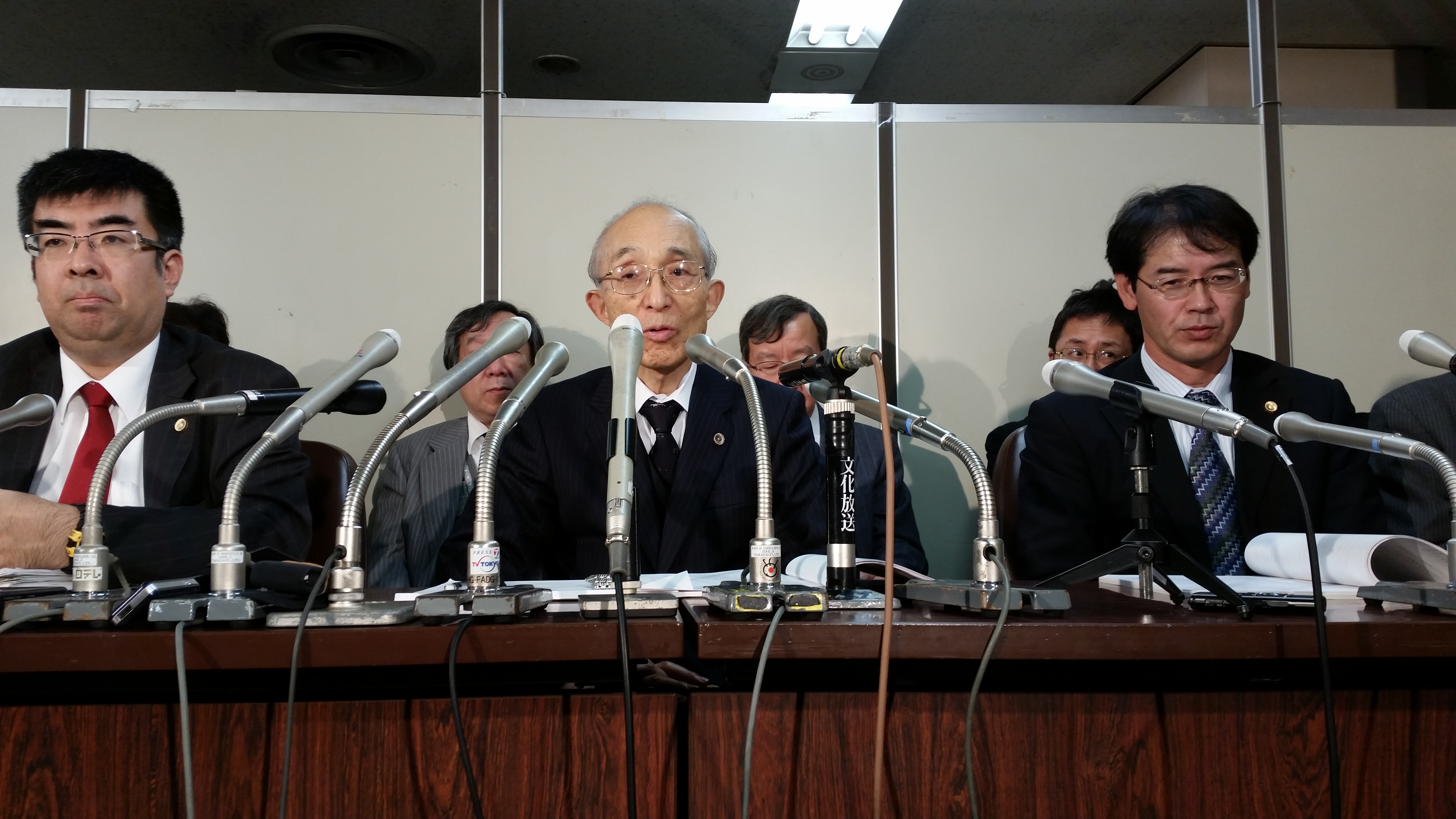Last December's Lower House election that thrust Prime Minister Shinzo Abe's ruling coalition into a landslide victory was borderline unconstitutional, the Supreme Court declared Wednesday, due to the high level of vote-value disparities among constituencies.
The court, however, stopped shy of nullifying its result as was demanded by plaintiffs.
The ruling marked the third consecutive time the top court has deemed the outcome of a Lower House election as being "in a state of unconstitutionality" — a nuanced term that falls a step short of downright unconstitutionality — due to discrepancies in vote value that critics say trivializes voices of people living in heavily populated prefectures such as Tokyo, Osaka and Kanagawa.



















With your current subscription plan you can comment on stories. However, before writing your first comment, please create a display name in the Profile section of your subscriber account page.